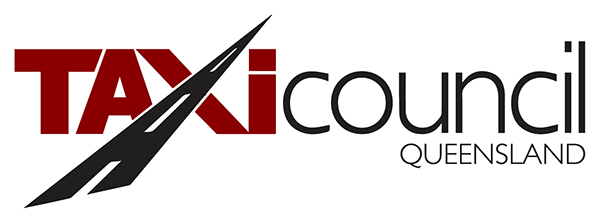The Taxi Council of Queensland (TCQ) offers members of the taxi industry free mediation services to help in the resolution of disputes arising in bailment agreements and other contractual relationships.
What is mediation?
Mediation helps people to settle disputes without the need to go to court. This can save time, legal fees, and court costs. It provides the chance to resolve conflict with a minimum of financial and emotional pain.
A neutral and unbiased third party mediator, such as TCQ, can facilitate a safe meeting place for both sides to identify, understand and negotiate solutions for their dispute. In many cases, resolutions worked out by the parties themselves with the help of a mediator can be better for everyone than those resulting from formal court processes.
Mediation is an option for resolving disputes that:
- is confidential;
- can help you and the other party maintain your business relationship; and
- can save you time and money compared to engaging lawyers and pursuing litigation.
What happens during mediation
A mediator uses their skills to facilitate a meeting, in-person or virtual, where the two parties get to understand each other’s position better and then work productively toward negotiating an agreeable outcome. The mediator does not provide the solution to the problem – the parties do.
A typical mediation session comprises of the following steps:
- Introduction – when both parties are present, the mediator will make introductions. The mediator will make an opening statement that outlines the role of the participants, demonstrates the mediator’s neutrality, and sets out the ground rules for the mediation. These rules will help the mediation to run smoothly and productively.
- Statements – each party will be given the opportunity to tell their side of the story without interruption. This gives the parties a chance to frame the issues in their own mind and gives the mediator useful insights about the dispute, such as the emotional positions of each party. The mediator will list the facts and concerns as presented by each party so that both sides can be satisfied that all of their concerns have been raised and heard.
- Exploration – the parties will be guided to discuss each issue that has been raised. The mediator may help the parties to identify areas of common ground and difference between them.
- Private sessions – are confidential sessions between the mediator and each party. The aim of this is to allow the parties to discuss how they feel and give an opportunity for the parties to individually consider ideas for possible solutions they may wish to offer during the next ‘option generation’ stage.
- Option generation and negotiation – the parties will be encouraged to put forward options that they think may solve all of the issues that comprise their dispute. The mediator will assist the parties to work through each option to determine whether it can be accepted and supported by both sides.
- Agreement – where agreement is arrived at by two parties, the mediator will capture the details agreed either verbally, or in writing.
- Follow up – the parties may be contacted after the meeting to discuss how they have progressed and whether any future mediation is required.
Agreements made through mediation are made in good faith but are not legally binding.
A mediation can be terminated by either party at any time that they feel uncomfortable continuing, or by the mediator, if they consider there is inadequate commitment to the process and rules of the mediation.
If you are in the Queensland taxi industry and you have dispute, to see whether our mediation service can help resolve the matter please CONTACT TCQ.
